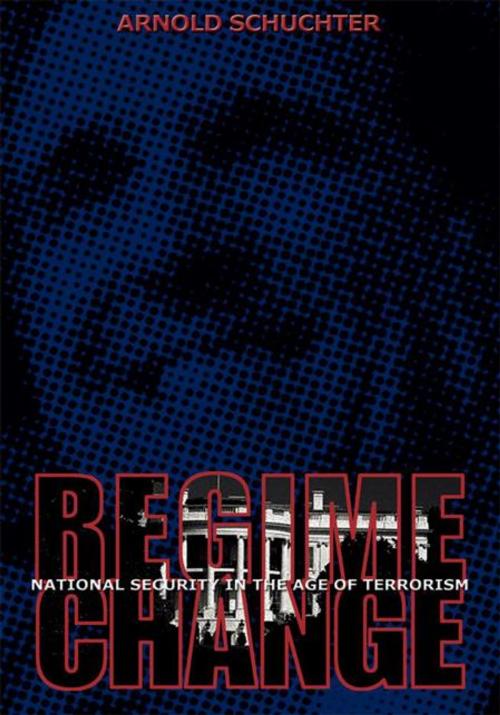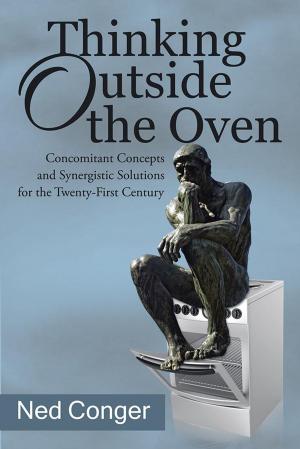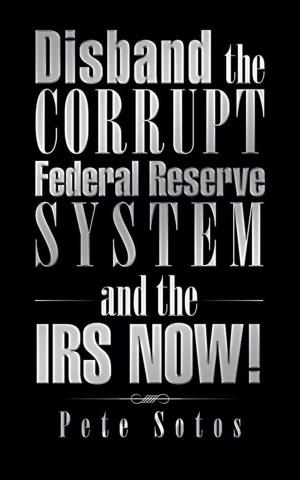Regime Change
National Security in the Age of Terrorism
Nonfiction, Social & Cultural Studies, Political Science, Government, Political Parties, Elections| Author: | Arnold Schuchter | ISBN: | 9780595763030 |
| Publisher: | iUniverse | Publication: | April 15, 2004 |
| Imprint: | iUniverse | Language: | English |
| Author: | Arnold Schuchter |
| ISBN: | 9780595763030 |
| Publisher: | iUniverse |
| Publication: | April 15, 2004 |
| Imprint: | iUniverse |
| Language: | English |
Regime Change provides in-depth insights into President Bush's handling of national security and terrorism issues pre- and post-9/11 and guidelines for the Democratic presidential candidate's strategic "war on terrorism" that includes: restructuring the Intelligence Community and national security decision-making in the White House; rejuvenating the trans-Atlantic alliance and expanding global collaboration; nation-building in postwar Iraq and Afghanistan; fostering the Israeli-Palestinian peace process; democratization in the Middle East; defusing antagonisms with Muslim nations; nuclear disarmament in Iran and North Korea; dismantling Pakistan's nuclear black market operation; developing economic and security relationships with China in Central Asia; and more.
Regime Change gives voters across the political spectrum valuable background for evaluating national security and terrorism positions of both candidates while making a strong case for removal of commander-in-chief Bush along with his White House and Pentagon advisors as a critical step in launching a new multilateral strategy in 2005 for dealing with the root causes and threats of terrorism worldwide.
Speeches and papers in Regime Change underscore how Bush's pre- and post-9/11 mindset and predispositions led him to unrealistically use military power to root out "evil" and promote democracy in Iraq and Afghanistan instead of providing multinational leadership in the war on terrorism. The Bush White House overcommitted U.S. military and fiscal resources and underfunded homeland security by selecting the wrong targets in the "war on terrorism" and launching preventive, unilateral wars in Iraq and Afghanistan.
Anticipating findings by the 9/11 Commission and several independent commissions and Congressional investigations, Regime Change suggests that 9/11 was preventable and exposes similar failures of the U.S. Intelligence Community in Iraq, Afghanistan, Iran, North Korea and Pakistan's international nuclear black market.
Regime Change provides in-depth insights into President Bush's handling of national security and terrorism issues pre- and post-9/11 and guidelines for the Democratic presidential candidate's strategic "war on terrorism" that includes: restructuring the Intelligence Community and national security decision-making in the White House; rejuvenating the trans-Atlantic alliance and expanding global collaboration; nation-building in postwar Iraq and Afghanistan; fostering the Israeli-Palestinian peace process; democratization in the Middle East; defusing antagonisms with Muslim nations; nuclear disarmament in Iran and North Korea; dismantling Pakistan's nuclear black market operation; developing economic and security relationships with China in Central Asia; and more.
Regime Change gives voters across the political spectrum valuable background for evaluating national security and terrorism positions of both candidates while making a strong case for removal of commander-in-chief Bush along with his White House and Pentagon advisors as a critical step in launching a new multilateral strategy in 2005 for dealing with the root causes and threats of terrorism worldwide.
Speeches and papers in Regime Change underscore how Bush's pre- and post-9/11 mindset and predispositions led him to unrealistically use military power to root out "evil" and promote democracy in Iraq and Afghanistan instead of providing multinational leadership in the war on terrorism. The Bush White House overcommitted U.S. military and fiscal resources and underfunded homeland security by selecting the wrong targets in the "war on terrorism" and launching preventive, unilateral wars in Iraq and Afghanistan.
Anticipating findings by the 9/11 Commission and several independent commissions and Congressional investigations, Regime Change suggests that 9/11 was preventable and exposes similar failures of the U.S. Intelligence Community in Iraq, Afghanistan, Iran, North Korea and Pakistan's international nuclear black market.















